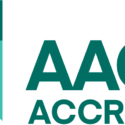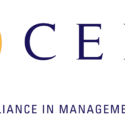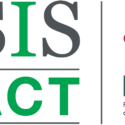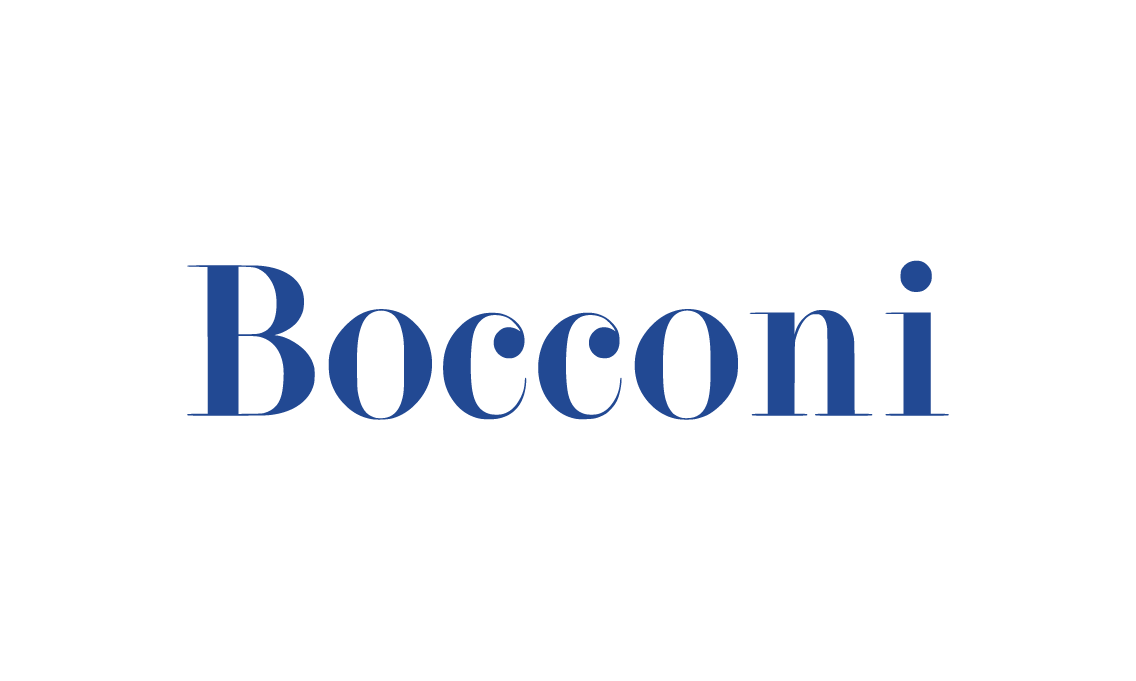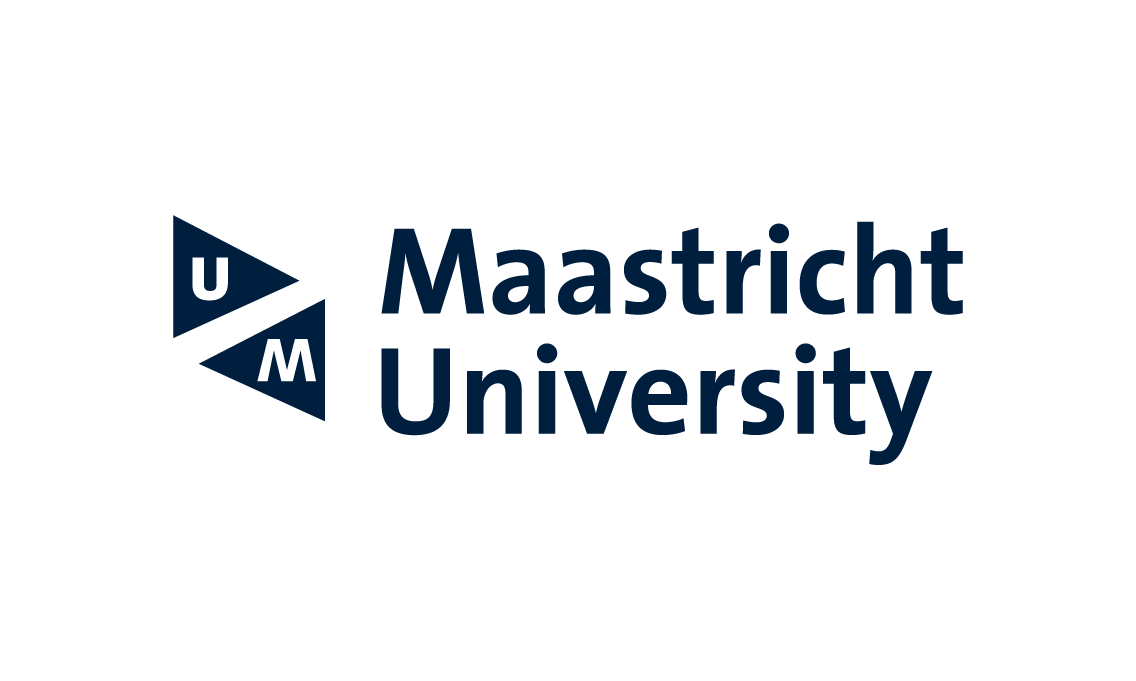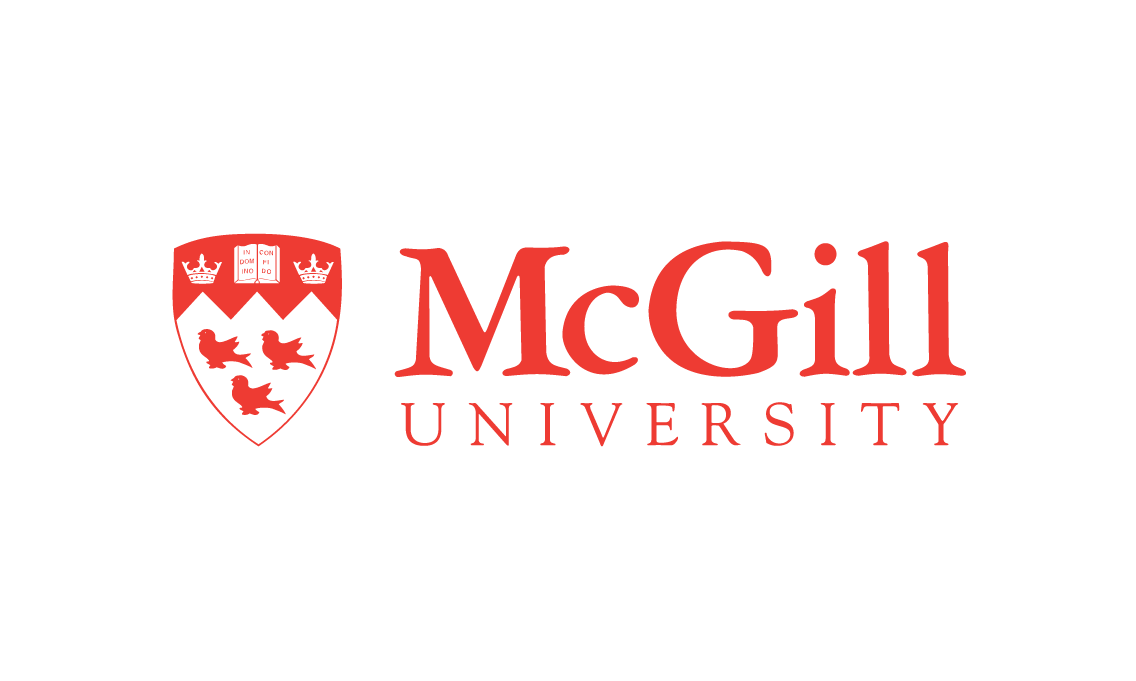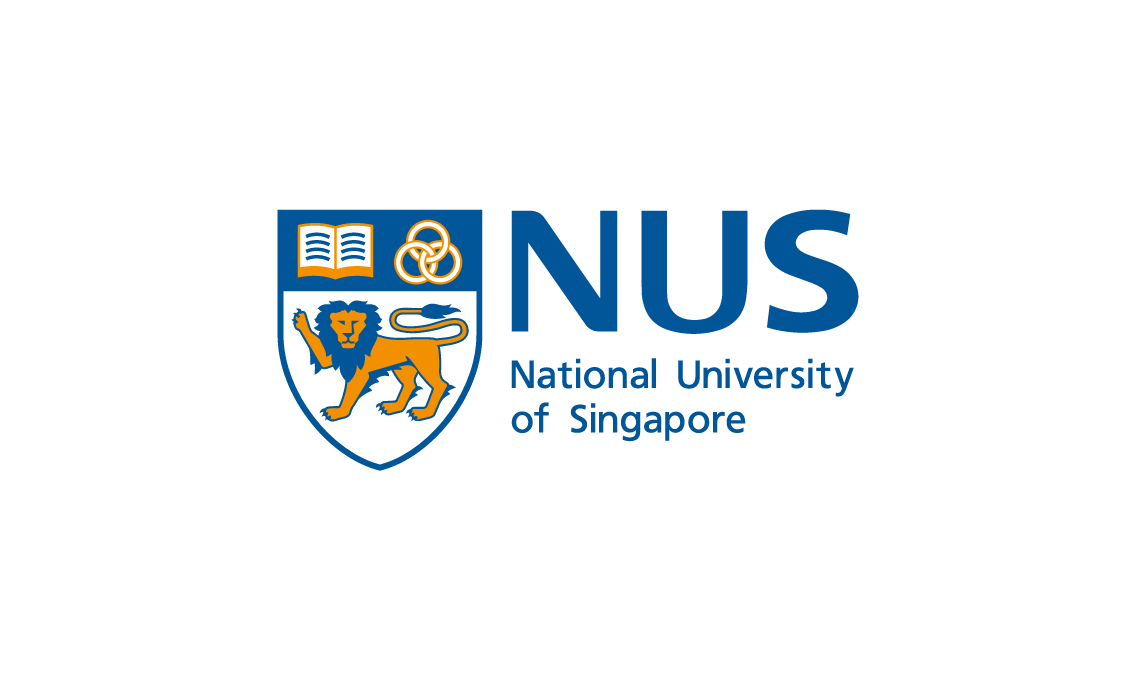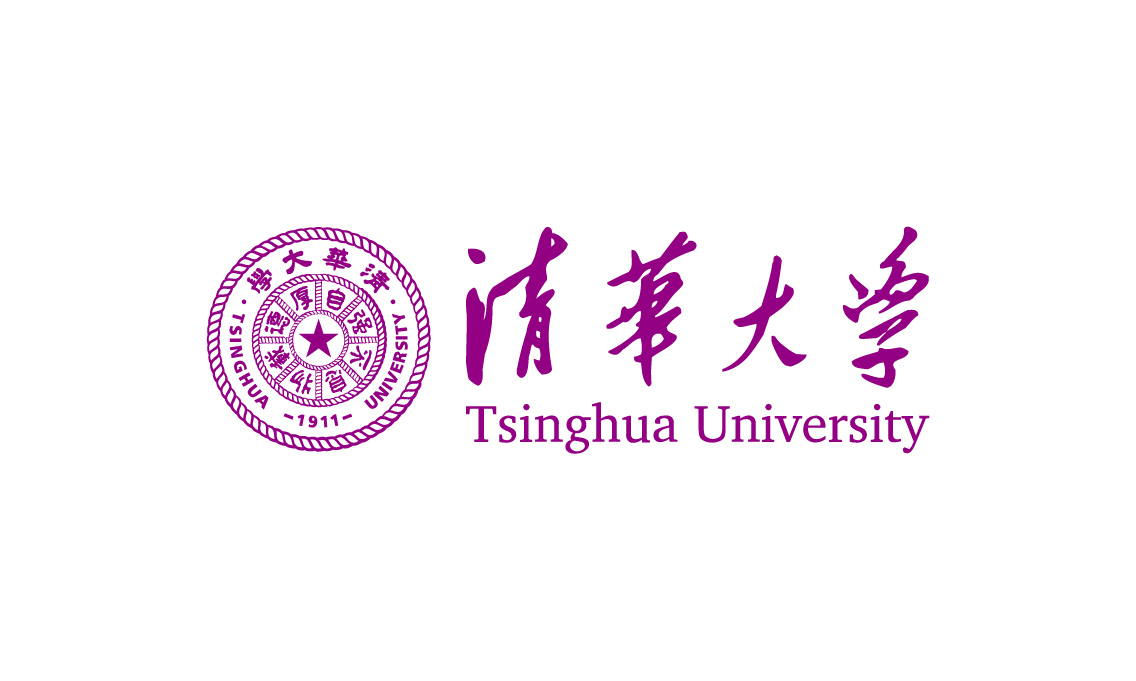About Corvinus University of Budapest
Greetings
Corvinus University of Budapest (CORVINUS/Corvinus or Corvinus University for short) is a medium-sized European institution with a focus on business, economics and social sciences. It is one of Hungary’s leading educational institutions in the field of economics and social sciences. And more than that, it is a community that is good and worth belonging to.
Building on more than a century of tradition, we are constantly evolving. Together with our teachers, researchers and staff, we work to make Corvinus one of the best universities in the world, and to educate the social and economic elite of the region here in Hungary. Our aim is to ensure that talented students do not have to choose a foreign university in order to acquire internationally recognised, competitive and marketable knowledge. Social and financial status should not be a barrier to learning: our high-achieving students can study free of charge on the basis of excellence.
Corvinus is about quality and opportunity: up-to-date and useful knowledge, a wide range of contacts, career opportunities and lifelong friendships. At our university, we strive to achieve more together.
About us
Corvinus University of Budapest is Hungary’s leading university in the field of economics and social sciences. Maintained by the Maecenas Universitatis Corvini Foundation, Corvinus’ medium-term objective is to become the best higher education institution in these fields not only in the country but also in Central Europe. Corvinus University currently has around 8 000 students, including 2 000 foreign students. It has close links with more than 250 partner universities worldwide. Corvinus regularly ranks highly in international higher education rankings, and its Business and Management programme was ranked first in the region in the 2019 Eduniversal ranking. Corvinus University of Budapest is the only university in Hungary in the field of economics to have two international institutional accreditations (AMBA, AACSB).
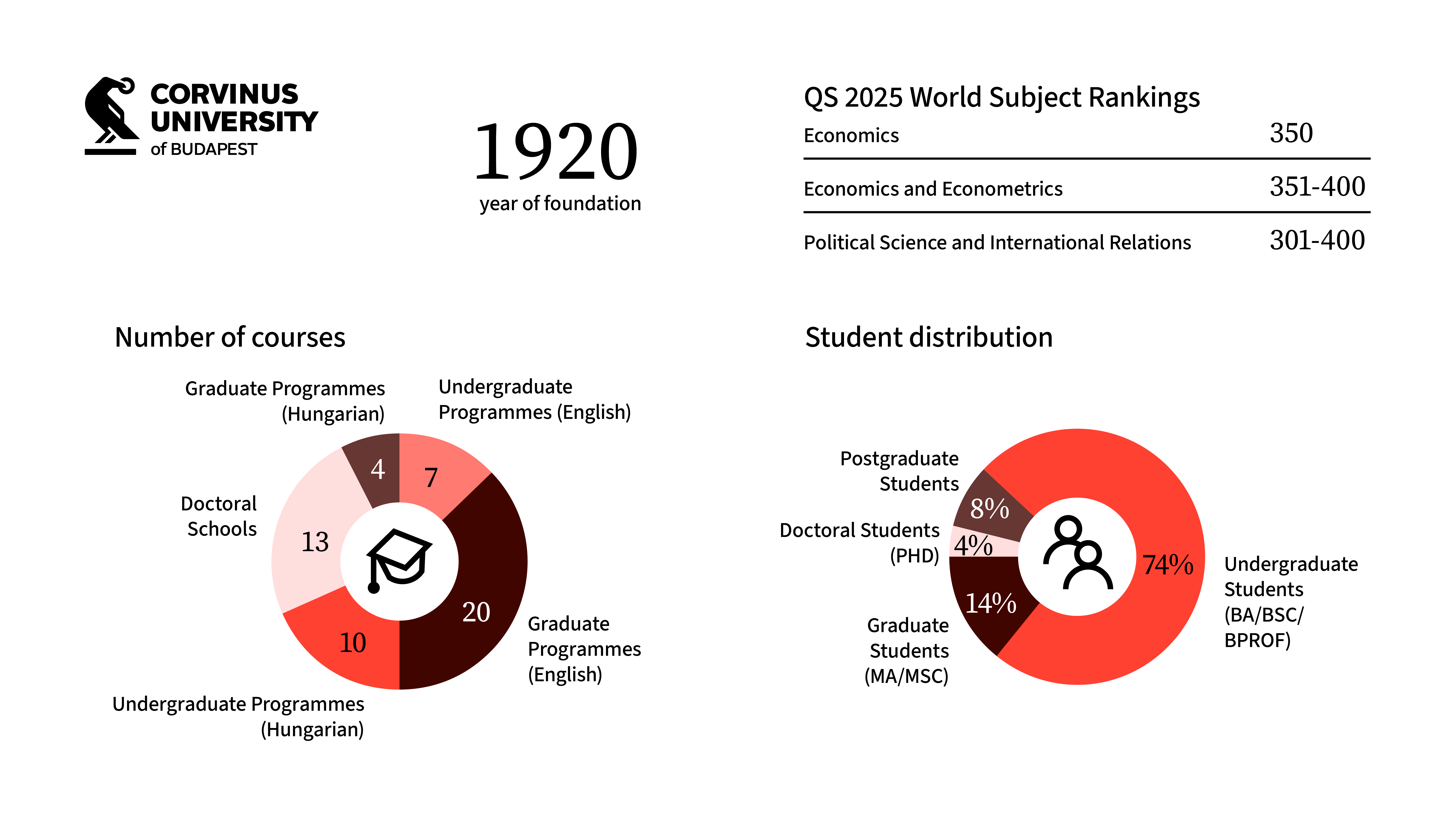
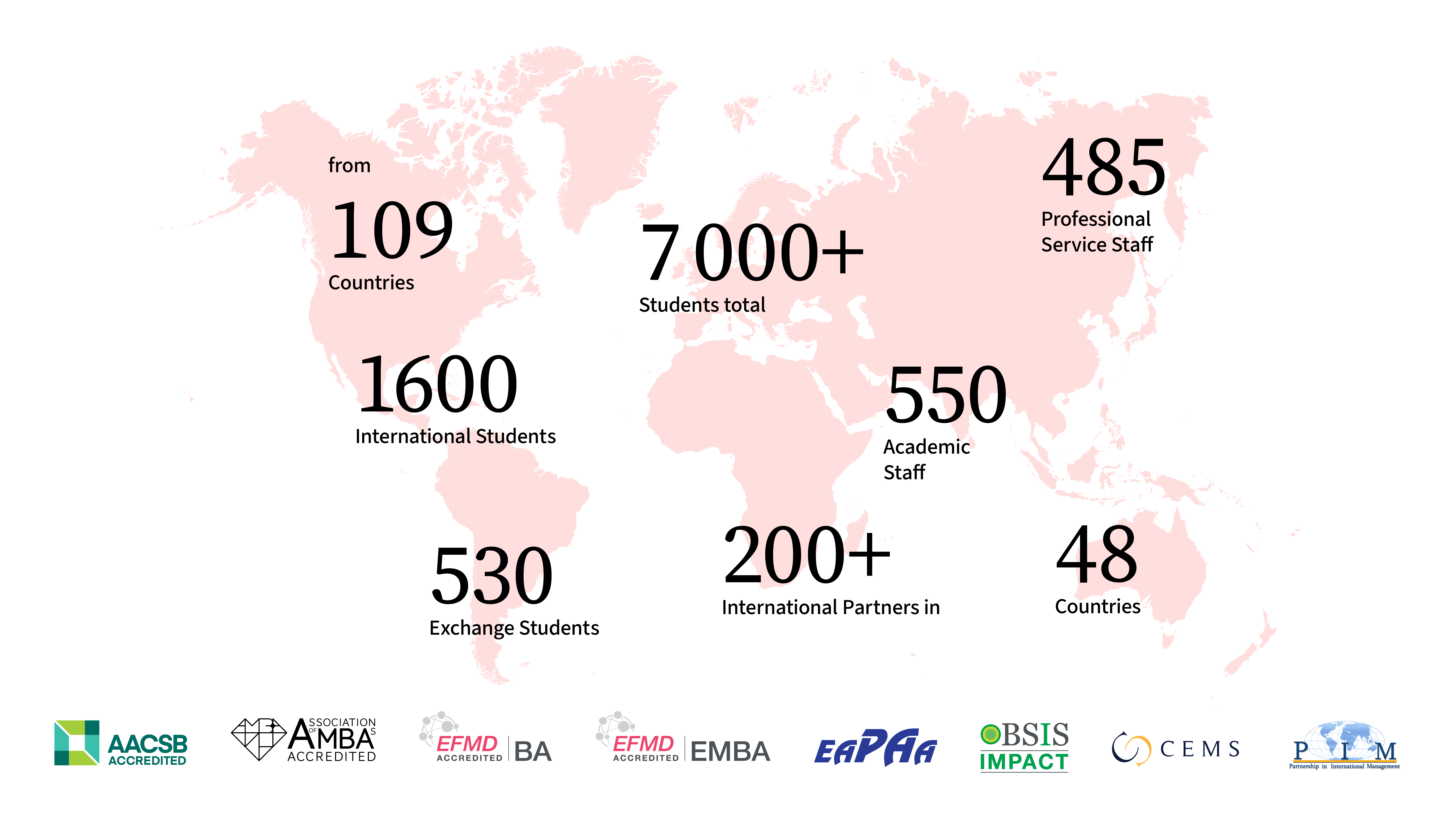
Strategy and goals
Corvinus’ Institutional Development Plan 2025-2028 is titled: ”The Bridge Strategy”. The new strategic plan reflects the directions set by the rector elected in 2024. Its purpose is to serve as a foundational document for the entire university community, outlining not only the key goals for 2025–2028 but also the university’s mission, vision, and core values.
The university’s mission
Driven by curiosity, we thrive as a community of research and learning in business, economic and social sciences, educating responsible thinkers and empowering forward-looking leaders.
The university’s vision
As a historic national champion, we aim to be an internationally recognized university committed to address the challenges of our times.

The university’s values

Collaboration

Systems Thinking

Excellence

Integrity
The Bridge Strategy
The foundation of the strategy is „operational excellence”, as it reflects the university’s will to improve the way it works and become more professional, service-oriented entity. The bridge is composed of four symbolic pillars, illustrating four aggregate strategic objectives that will drive Corvinus’ community for the next three years.
Becoming an international player

Tram 2
A Multy-disciplinaty university with a dive in sustainability and artificial inteligence

Flight 6
A University with
international reach

InterCity
Affordable journey for students from enrollment to graduation and beyond

The Ring
Acquiring ang generating knowledge as a treasure: a research-based university
Operational Excellence
Accreditations
Accreditations are a quality assurance that allows the training provided by different universities to be measured and compared internationally. They play an important role in setting international rankings.
Institutional accreditations
Training accreditations
Main international network memberships
Rankings, awards
Our international results
As well as being an internationally accredited university, here are some international awards and rankings that underline our quality.

QS University Rankings (2024) 2025- overall 1001st – 1200th
QS ranking by specialization: economics and social sciences: 350th,
QS ranking by subject (2025):
- Business and Management Studies: 351-400.
- Economics and Econometrics 351-400.
- Political Science and International Studies: 301-400.

The Financial Times Masters in Management World Ranking
- 94 – Leadership and Management (2023)
- 89 – European Business School Ranking (2023)
- 98 – Overall ranking in Masters in Management and Leadership (2022), the only one from Hungary
- 22 – Value for money, Master in Management and Leadership (2022)
- 9 – Career Support, Master in Management and Leadership (2022)

Eduniversal, Eastern Europe ranking
- 3rd place – Best Business School, 2024
5 Palmes
- Ranked among the world’s Top 100 business schools with the highest 5 Palmes of Excellence (2025)

One of the 34 higher education institutions members of CEMS international business education. Corvinus University of Budapest is the only member in Hungary.
CEMS recognitions:
- 3rd place – CEMS Higher Education Institution, 2019
- 1st place – CEMS Alumna, 2019 and 2022
Our other international awards
- UI GreenMetric: Most Sustainably Developing University – 2022
- QS Employability – Performance Improvement Recognition Award – 2024
- QS Reimagine Education Awards shortlist, Navigator in the Skills Development category, Corporate Sustainability and CSR course in the Sustainability and CSR Education category – 2024
- PRME Responsible Academic Education Award, Marketing – 2024
- Gellért campus, LEED Gold certification – 2024
- Cornell University EMI Cornell Case Competition, 1st place – 2024
- John Molson International MBA Case Competition, 2nd place – 2024
- IPSERA Regional Competence Center (IPSERA RICC) recognition for the Supply Chain Management Department, 2024
Our national awards
- According to HVG Diploma 2025, Corvinus University of Budapest was ranked first in the field of Economics and Social Sciences. In the Economics sub-rankings, Corvinus came out on top in terms of the average points of the admitted students and the number of students who won high school competitions. In the sub-rankings of social sciences, Corvinus is yet again the first in terms of the number of admitted students and the rate of students having a language exam.
- Corvinus also leads in two out of four sub-rankings in the IT rankings: first in terms of the average points of the admitted students and the number students having a language.
- In the ranking of student excellence by faculty, Corvinus came 2nd. Within this ranking, Corvinus was ranked first in two indicators: the overall institutional ranking for the overall average point of admitted students and the number of first-place applicants.
- At the last 36th National Scientific Student Conference in 2023, our students received a total of 115 awards. 30 papers were awarded first prize in the Economics Section and 5 in the Social Sciences Section.
- The MyCorvinus application was the first Hungarian university mobile application to be created and was named Application of the Year in 2021 in a joint competition of the Hungarian Marketing Association and the Internet Marketing Section.
Outstanding student successes in competitions
History of the University
1899: The Eastern Academy of Commerce is founded
One of the direct predecessors of our University is the Eastern Trade Academy, founded in 1899. From the very beginning (around the 1850s), the wholesalers of the capital and the capital of the country, and later the managers of industrial companies, industrial and banking capital, began to call for the training of professionals who were essential for the development of industry and commerce. The rapid development of industry and commerce required skilled economists, and the state apparatus needed specialists who could be used in foreign affairs and foreign trade, a need for a specialised college either in the form of a faculty or a university of economics. In response, the Eastern Trade Course was launched in 1891, and in 1899 it became the Eastern Trade Academy, now an independent state college, which trained graduates for foreign affairs and, in particular, for foreign trade services to the Balkans.
1920: Becoming a university
University-level education – like in the leading countries of the world – began in 1920 at the independent Faculty of Economics of the Royal Hungarian University. Around the turn of the century, a social movement was launched for an independent university of economics with the same rights as other universities. This struggle intensified until the First World War. Political crises and the outbreak of the World War brought the issue back on the agenda only in 1917. The Hangya Sales Cooperative, at the suggestion of Elemér Balogh, the general manager, pledged a foundation of one million koronas for the benefit of a university of economics to be set up. The preparatory committee for the establishment of the university included one of the most respected economists of the time, jr. Béla Erődi-Harrach, who was asked to write a study on the tasks, direction and study system of the University of Economics. It was only after the end of the World War and the fall of the Soviet Republic that the National Assembly finally adopted the bill for the establishment of the faculty of economics. Teaching began in four departments (General Economics, Agriculture, Commerce, and Consular and Foreign Service). The duration of study was 8 semesters, ending with the final examination (which was also the state examination). Students in Public Administration and Economics and Commerce obtained the qualification of ‘Graduate in Public Administration’; students in Agriculture obtained the qualification of ‘Graduate in Agriculture’.
1934: Integration
In 1934, as part of the first university integration in Hungary, the Faculty of Economics became a faculty of the József Nádor University of Technology and Economics. The survival of the independent institution had been in question since the late 1920s. After lengthy discussions, and mainly on the grounds of economy, it was decided to merge it into the University of Engineering. On 2 March 1934, Bálint Hóman, the Minister of Culture, submitted a bill to the House of Representatives on the ‘Organisation of the Royal Hungarian József Nádor University of Technology and Economics’. The establishment of the new university was part of the process of structural transformation of higher education. The university merged a total of four higher education institutions – technical, economic and agricultural – thus creating a completely new type of university in terms of size and structure. The number of students increased significantly in the following decade, with a relatively large number of students from working-class and peasant backgrounds studying at the faculty before the war.
1953: The Karl Marx University of Economics is established
The events of the world war did not have a major impact on the faculty, only political events brought about major changes. The establishment of the now effectively independent Hungarian University of Economics was sanctioned by the LVII. provision of 1948, but this also meant a Marxist reorganisation of the institution. The new university showed little continuity with its predecessors: almost all the old professors were dismissed, the departments were reorganised, the subjects and teaching were changed, and public administration course was discontinued. Students were forced through a highly politicised admissions filter. The University was relocated. The decision to rebuild Fővámpalota, which had been severely damaged in the war, was taken in 1948 for higher educational purposes, and the building was occupied by students in 1950. As a symbolic end to the transformation, the name of the University was changed to Karl Marx University of Economics in 1953. From 1955 until the end of the 1980s, education was provided by three faculties – General Economics, Industry and Commerce.
In the turmoil of the ’56 revolution
The ideological determination of the Karl Marx University of Economics and its close links with political life meant that both teachers (Imre Nagy, the later executed chairman of the revolutionary Council of Ministers, was also a lecturer at the university) and students were receptive to change. Several members of the university were involved in organising the Rajk funeral, which was a direct precursor to the revolution. On the eve of the revolution, on 22 October 1956, a large rally was held, attended by university teachers, students and even young workers. The result of a long and passionate debate was a 22-point demand, very similar in structure and content to the documents adopted at other universities. On 23 October, classes were cancelled and everyone was in a fever of preparation for the demonstration. The students of the University of Economics marched in an organised way to the Bem statue, waving red flags alongside the Hungarian flag in the ranks. The following day the university building was closed, and teaching was suspended until 1 February 1957, but university citizens continued to visit the university during this time. At the end of October, the University Revolutionary Student Committee was formed, as was the University Battalion. Street fighting avoided the building, but on 4 November the marching Soviet soldiers poured a hail of bullets into it, killing one student.
A pioneering university of the Eastern Bloc
The post-revolutionary university did not end the hegemony of the state party, but it did start a slow process of upgrading and democratisation within the narrow limits of what was possible. An important milestone was the election of Kálmán Szabó as rector in 1968, under whose leadership a major reform was implemented. The structure and content of the curriculum were radically changed, the number of compulsory hours was reduced and the number of independent tasks for students increased, and greater emphasis was placed on seminars and small group works. During this period, the Ford programme enabled 16 of the university’s teachers to undertake extended study visits to the US, and the professional and pedagogical skills they acquired were an important basis for reform. The first Hungarian professional college, Rajk, was founded in 1970 under the leadership of Attila Chikán, and made a significant contribution to the introduction of modern economics and commerce, economics and social sciences in Hungary, as well as serving as a model and inspiration for the professional colleges that were to follow. Thanks to these processes, the university was able to carry out pioneering research in several fields of science (economic history, marketing and management sciences, mathematical economics, finance, corporate economics), and to provide students with more modern and less ideologically charged knowledge than most universities in socialist countries.
1990: On the threshold of a new era
After the change of regime, in 1990, Közgáz was renamed Budapest University of Economics and welcomed students with a new-age curriculum. This was significantly underpinned by further major educational reforms in the 1980s under the rectorship of Csaba Csáki. Students enrolling in the Faculty of Economics could immerse themselves in theoretical economics, students in the Faculty of Business could acquire the business skills needed to succeed in the marketplace, and the Faculty of Social Sciences became one of the most important centres of modern Hungarian social sciences. In 2000, the Budapest University of Economics and Public Administration was established as the successor to the Budapest University of Economics and Public Administration, which was joined in 2003 by the Faculty of Food Science, the Faculty of Horticulture and the Faculty of Landscape Architecture, Protection and Development of Szent István University.
In 2012, the Faculty of Public Administration and in 2016, the Faculty of Food Science, the Faculty of Horticulture and the Faculty of Landscape Architecture and Urban Planning were spun off from the university.
2019: Foundation maintenance
As of 1 July 2019, Corvinus University of Budapest became the first public higher education institution in Hungary to change its legal status from a state higher education institution to a public higher education institution maintained by a foundation. Since then, the majority of Hungarian universities have also opted for the foundation model. At Corvinus, the faculty structure was abolished in 2020 and the faculty structure was changed to an institutional structure. From August 2024, the university will be headed by Hungary’s first international rector, Bruno van Pottelsberghe. From 2025, Hungary will have its first vice-rector for student affairs and two deans with transversal competences in the fields of sustainability and artificial intelligence.
Until the mid-2000s, students were able to obtain a degree in most of the majors in a 10-semester course. Since the transition to the Bologna system, bachelor’s courses last 6-8 semesters and master’s courses 2-4 semesters. The university’s 4 doctoral schools offer doctoral studies in many fields of study.
Joining the international bloodstream
The University has done its utmost to make the most of the opportunities offered by the new historical situation. Over the years, it has built excellent relations with key players in the Hungarian business and academic world, including the best practitioners in the field, internships, projects and research to support students’ careers. Effective partnerships have been established with many Western European institutions, and in 1996, Közgáz became a member of the CEMS cooperation of leading business schools and companies from around the world, which allows only one institution from each country to join. Corvinus has developed a number of dual degree programmes, including a joint Executive MBA with the prestigious Maastricht University. A high proportion of Corvinus students also take advantage of the international opportunities offered by the Erasmus mobility programme.
Outstanding students, active student life
The vibrant student life that characterised Közgáz continued after the change of regime. Today, students can choose between 7 student colleges and more than 40 other student organisations, which are very diverse in their activities. Some offer in-depth training in a specific field, others focus on networking and international experience, but there are also community and charitable organisations. Thanks to its training programmes, international and student organisation opportunities, Corvinus attracts the country’s most talented students year after year, and an increasing number of international students are also keen to continue their studies here. Corvinus graduates have excellent career prospects, with many going on to hold key positions in business, science and politics. To get in, you need to do well, as shown by the fact that in 2022, for example, Corvinus had nine highest scores in the scholarship-based full-time bachelor’s degree programmes.
Top of the national and regional rankings
Thanks to all this, Corvinus has become a permanent player in the top of the higher education rankings, which have become increasingly popular since the 2000s.In 2018, the university was voted the best university in the country by the Figyelő, while the best faculty in the country was the Faculty of Business Administration. In HVG’s 2024 ranking, Corvinus is the best university for business education. Corvinus is ranked not only as one of the best universities in the country, but also in the region: according to Eduniversal’s 2019 survey, Corvinus Business School is the best business school in Eastern Europe, the Master’s in International Management programme offered in cooperation with CEMS is the 10th best in the world in the recognised international ranking of higher education, the QS 2025 Masters in Management ranking. Corvinus is the only one in Hungary to hold two international accreditations: the AACSB and AMBA. The AACSB accreditation places the institution in the top 6% of the world’s higher education institutions offering business courses. The university also places a strong emphasis on sustainability: in 2022, it was named the most sustainable university in the UI GreenMetric world ranking, and in 2024 we improved 275 places. The new Gellért campus, inaugurated in 2024, is the only higher education institution in Hungary to achieve the rigorous Leed Gold sustainability certification and will be AA+ in energy efficiency, making it the most sustainable university building in Hungary.



